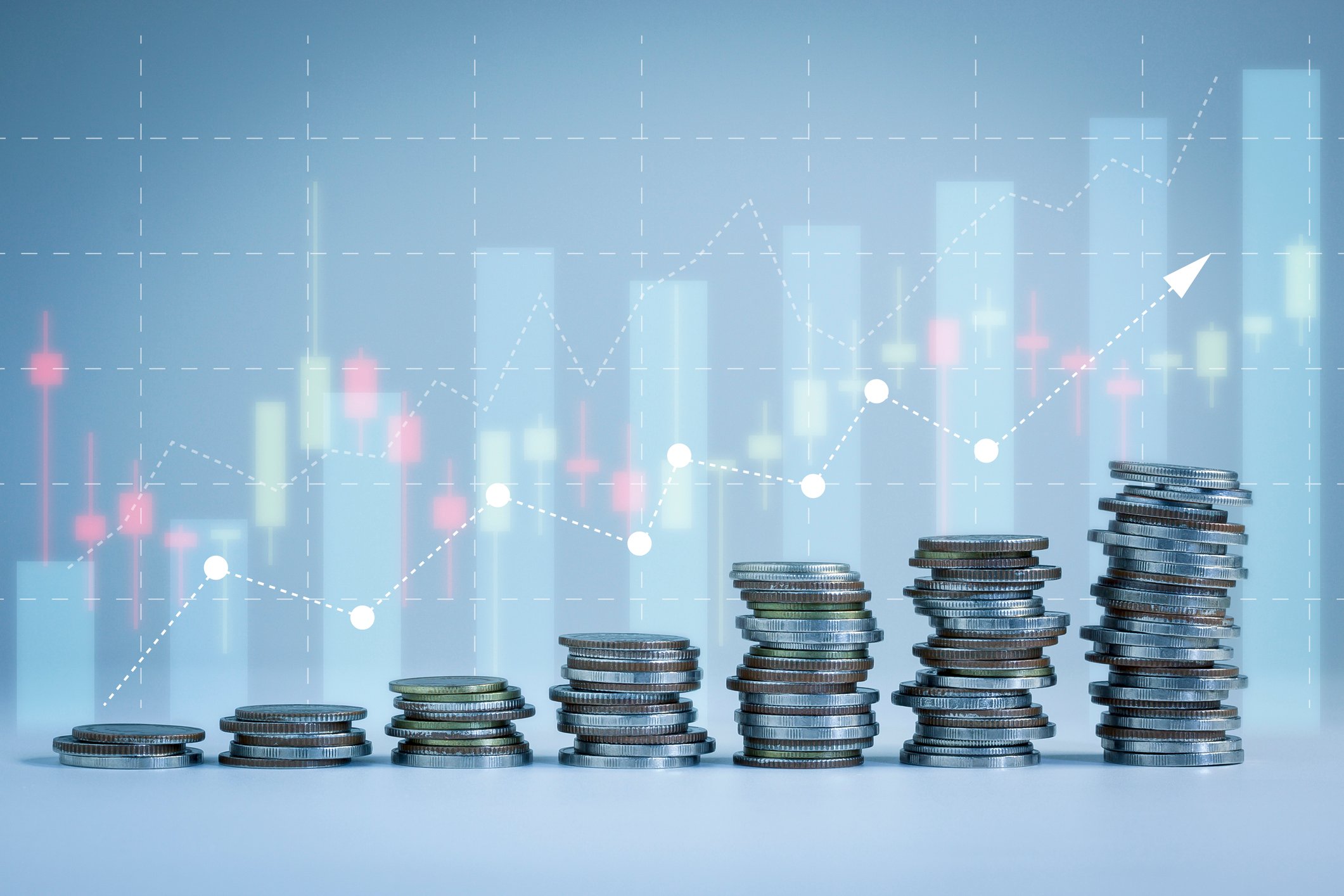Shares of Kinder Morgan (KMI +2.01%) have been battered and bruised this year. Overall, its stock is down about 30%, though it fell more than 50% from the high at one point. The main factor weighing on the stock is the impact the COVID-19 outbreak is having on demand for the energy products it transports and stores.
That uncertainty-fueled sell-off has investors questioning what's ahead for Kinder Morgan. The company will hopefully have some answers to a few key questions this week when it reports its first-quarter results.

Image source: Getty Images.
1. How much will COVID-19 affect volumes?
Heading into this year, Kinder Morgan anticipated that it would generate $5.1 billion, or $2.24 per share, of free cash flow. Both numbers would be about 2% above 2019's level as the benefit from expansion projects, and lower interest rates would more than offset the sale of its Canadian subsidiary and the U.S. portion of the Cochin Pipeline to Pembina Pipeline (PBA +1.16%).
That outlook, however, assumed certain things, including prices for oil and gas, as well as certain volume levels. The company, for example, based its budget on oil averaging $55 a barrel and volume growth of 2% and 10%, respectively, for refined products and crude oil. Oil has since crashed below $20 a barrel. Meanwhile, demand has cratered because of the impact the COVID-19 outbreak has had on travel.
Consumption has fallen so dramatically that oil and refined products are piling up in storage. At the current rate, the country will run out of room by mid-May, according to an estimate by oil pipeline giant Plains All American Pipelines (PAA +1.84%). That's leading oil producers to start shutting in wells. Kinder Morgan's volumes are therefore likely to be less than anticipated, which will have some impact on earnings. The big question is how much it will affect the company's 2020 results, which the pipeline giant will hopefully answer this week by providing an updated outlook.
2. What's the deal with the dividend?
Kinder Morgan entered 2020 in its strongest financial position in years. The company's leverage ratio was on track to average 4.3 this year thanks to its transaction with Pembina Pipeline, which would be comfortably below its 4.5 target. This improvement increased its confidence in its plan to boost its dividend by another 25% this year.
However, given the likely impact of the COVID-19 outbreak on its cash flows, it's unclear what the future holds for the dividend. Several of its peers have opted to reduce their payouts during this time to strengthen their balance sheets, including Plains All American. Kinder Morgan will hopefully provide investors with some clarity on the future of the dividend this week.
3. Is it deferring any expansion projects?
Kinder Morgan entered the year with $3.6 billion of expansion projects under construction, roughly $2.4 billion of which it expected to fund this year. However, with oil prices and demand cratering, several of the company's peers have cut capital spending by deferring projects. Plains All American, for example, reduced its 2020-2021 capital spending program by $750 million, or about 33%, in part because of project cancellations and deferrals.
Kinder Morgan could also announce a capital spending reduction. The most likely area would be within its carbon dioxide business because of low oil prices and demand. However, the company could delay other projects because customers won't need the capacity as early as initially expected. While a spending cut would affect future earnings growth, it would help preserve its near-term financial flexibility.
Lots of questions
The COVID-19 outbreak plunged the energy industry into a period of intense uncertainty. It's unclear how much demand for oil, gas, and refined products will decline or how long it will take for consumption to bounce back.
While Kinder Morgan won't have all the answers this week, it will hopefully provide investors with some important ones. That could help determine whether Kinder Morgan's sell-off is a buying opportunity or if shares might have further to fall.








